Adventures in chemistry - marble with acids and bases
11 years ago
Related Stories

HOUSEKEEPINGHow to Clean Marble Countertops and Tile
Acidic solutions can damage your marble surfaces. Here’s how to keep marble looking clean and amazing
Full Story
DECORATING GUIDESHouzz Tour: Traditional Meets Transitional in a Townhouse
A Southern California couple downsizes, and their designer helps them push past traditional boundaries
Full Story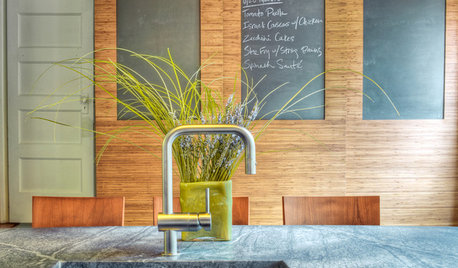
KITCHEN DESIGNKitchen Counters: Durable, Easy-Clean Soapstone
Give bacteria the boot and say sayonara to stains with this long-lasting material that's a great choice for kitchen and bath countertops
Full Story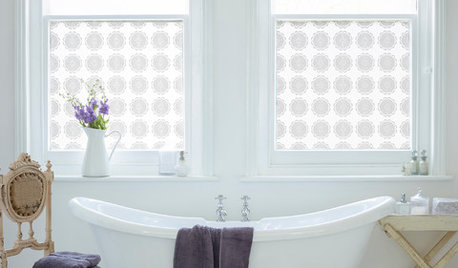
WINDOW TREATMENTSBathroom Windows That Pull In Light and Add Privacy Too
Enjoy a bright, sunny space in comfort with one of these strategically designed window treatments
Full Story
SHOWERSYour Guide to Shower Floor Materials
Discover the pros and cons of marble, travertine, porcelain and more
Full Story
MOST POPULAR33 Magic Household Cleaning Tips
Houzzers from around the world share their tips for transforming housework into child’s play
Full Story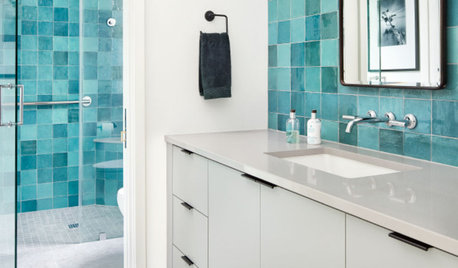
TILEPorcelain vs. Ceramic Tile: A Five-Scenario Showdown
Explore where and why one of these popular tile choices makes more sense than the other
Full Story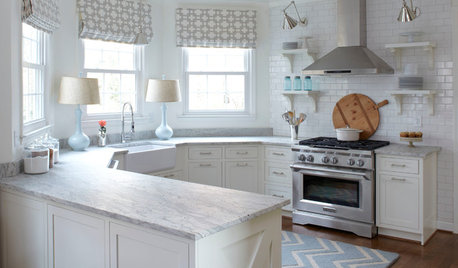
KITCHEN DESIGNHow to Keep Your White Kitchen White
Sure, white kitchens are beautiful — when they’re sparkling clean. Here’s how to keep them that way
Full Story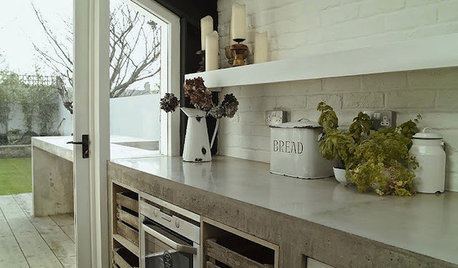
KITCHEN COUNTERTOPSKitchen Counters: Concrete, the Nearly Indestructible Option
Infinitely customizable and with an amazingly long life span, concrete countertops are an excellent option for any kitchen
Full Story





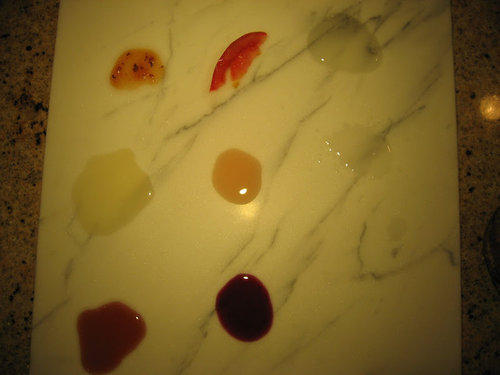

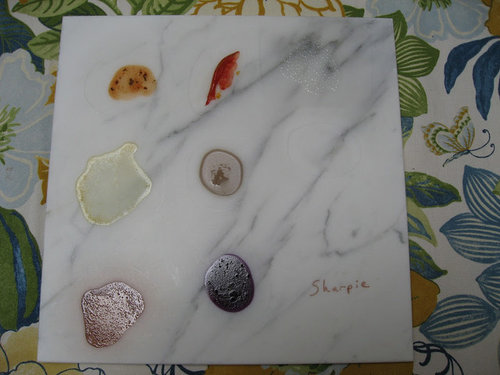

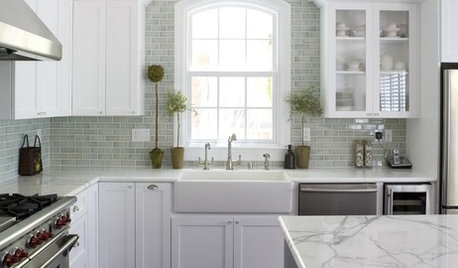



lascatx
nini804
Related Professionals
East Islip Kitchen & Bathroom Designers · Ojus Kitchen & Bathroom Designers · San Jacinto Kitchen & Bathroom Designers · Channahon Kitchen & Bathroom Remodelers · Fair Oaks Kitchen & Bathroom Remodelers · Hanover Township Kitchen & Bathroom Remodelers · League City Kitchen & Bathroom Remodelers · Ogden Kitchen & Bathroom Remodelers · Saint Helens Kitchen & Bathroom Remodelers · Lawndale Kitchen & Bathroom Remodelers · Los Altos Cabinets & Cabinetry · New Castle Cabinets & Cabinetry · Tooele Cabinets & Cabinetry · Mill Valley Tile and Stone Contractors · Mililani Town Design-Build FirmsBunny
annkathrynOriginal Author
mazy123
bmorepanic
Bunny
2LittleFishies
hsw_sc
annkathrynOriginal Author
babushka_cat
mama goose_gw zn6OH
mama goose_gw zn6OH
Cloud Swift
Bunny